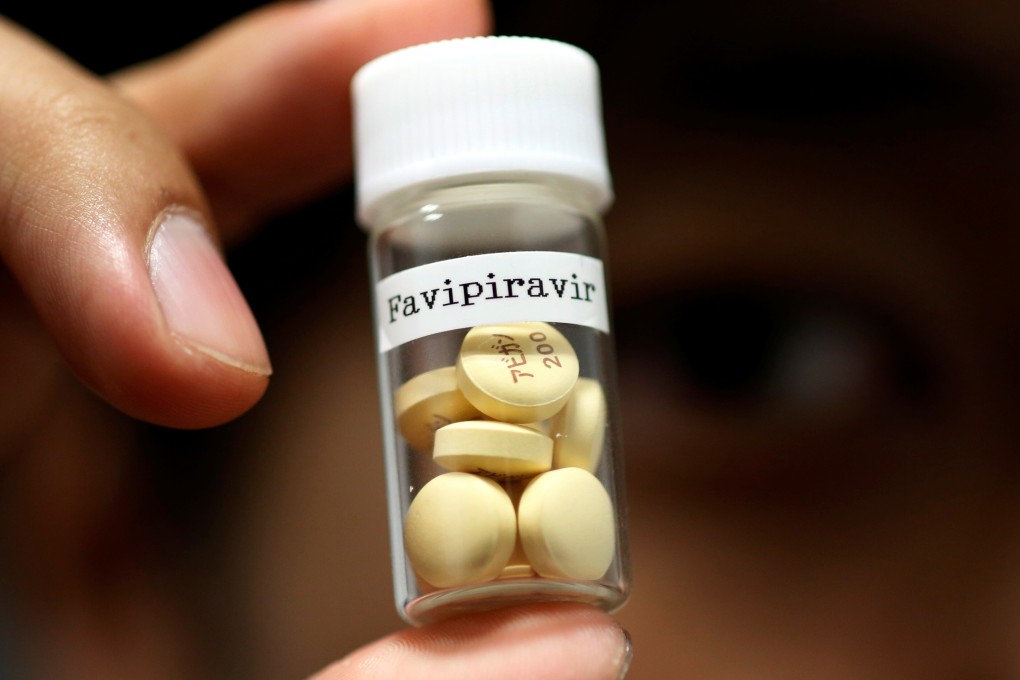China and South Korea split over Japanese anti-flu drug Avigan in fight against coronavirus
- Favipiravir emerges as a potential drug to treat Covid-19 patients but worries over risks to fetus remain
- Shinzo Abe has promoted the drug to Donald Trump but FDA ‘concerned’

Japan’s neighbours are divided over use of the controversial anti-flu drug ‘Avigan’ in their countries; with China welcoming the trial use, while South Korea has declined, saying “serious side effects” potentially cause fetal damage.
The Trump administration and US expert groups are also at odds over using the unproven drug, joining the latest international debate.
Favipiravir is widely known as a treatment effective on a wide range of viruses – including coronavirus, arenavirus, bunyavirus and filovirus – by selectively inhibiting viruses and preventing replication.
A research team stated there may be risks. The research paper, “Favipiravir (T-705), a broad-spectrum inhibitor of viral RNA polymerase” by Yousuke Furuta, of Toyama Chemical, Takashi Komeno (Fujifilm), and Takaaki Nakamura (Toyama) said “favipiravir has a risk for teratogenicity and embryotoxicity”, referring to agents that can damage an embryo or fetus.
The journal article was published at ‘Proceedings of the Japan Academy. Series B. Physical and biological sciences’ in 2017 and said the drug was proved to be toxic to embryos in animal tests.
The Japanese health authorities have allowed conditional approval for use of the drug, granting it only for serious infectious diseases, including bird flu and Ebola virus. But as the number of Covid-19 infections rises in Tokyo and life in Japan is disrupted, such as the postponement of the Tokyo Olympics, it is reconsidering its approval conditions.

